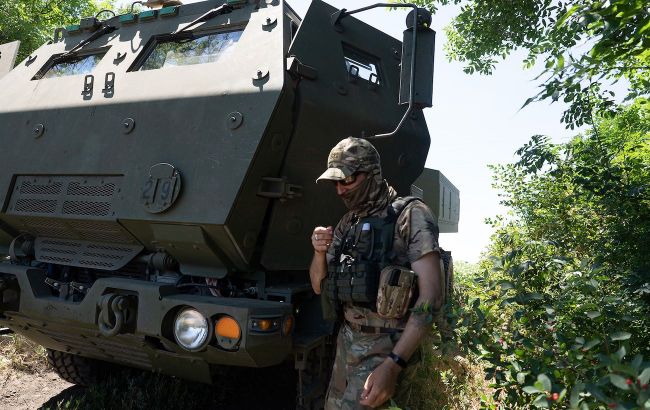UN Charter does not prohibit Ukraine from striking Russian territory - UK at UN
 MLRS Himars (photo: Getty Images)
MLRS Himars (photo: Getty Images)
The UN Charter does not prohibit a country from defending itself from armed aggression by projecting force onto enemy territory, provided this action complies with international law, states Fergus Eckersley, UK Political Coordinator at the UN.
"Direct attacks on civilian infrastructure constitute a war crime. Ukraine has a right to defend itself, under Article 51 of the UN Charter, against Russia’s attacks. This does not preclude its right to project force into Russian territory, so long as action complies with international law," Eckersley said.
He emphasized that Russia is escalating the conflict by increasing attacks on Ukrainian civilians, believing that Kyiv will not attempt to eliminate the source of the threat.
The British representative assured that his country will continue to provide Ukraine with the necessary capabilities to defend its people despite threats from Russia.
Strikes deep into Russian territory
Recently, Ukraine has intensified pressure on its Western partners to obtain permission to strike military targets used by Russia for shelling Ukrainian territory with the weaponry provided by them.
Ukrainian authorities are preparing to present a list of long-range targets in Russia to high-ranking US national security officials, which the Ukrainian Armed Forces could strike if Washington lifts restrictions on the supply of American weapons.
Regarding the reasons for the refusal, Politico reports that Washington is unwilling to jeopardize US national security for Ukraine. Ultimately, the US may seek to reset relations with Moscow, and lifting restrictions on strikes could undermine these efforts.
On August 30, this issue was discussed at a meeting of the EU Council. EU's chief diplomat, Josep Borrell, called for the removal of restrictions on Ukraine's use of provided weapons to target locations in Russia. Slovakia and Hungary opposed this proposal.

